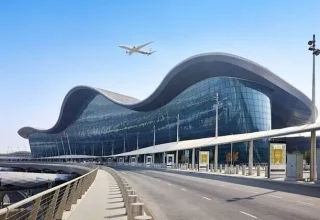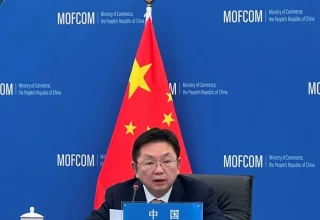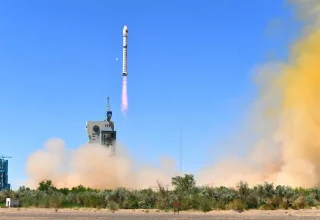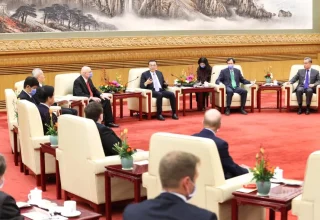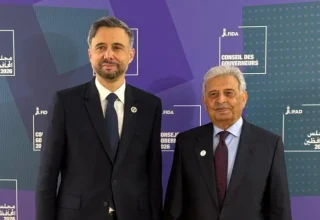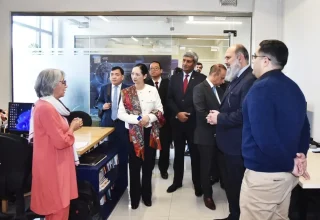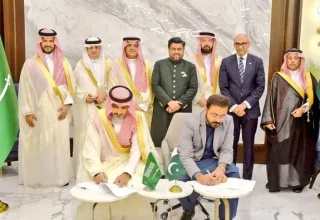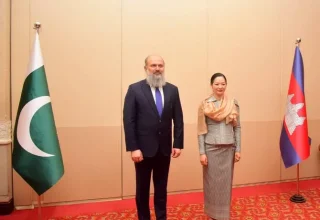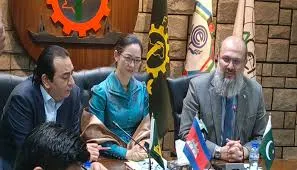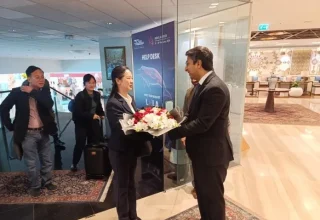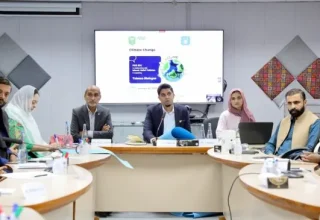
The Pakistan Institute of Development Economics (PIDE), in collaboration with Islamic Relief Pakistan, hosted a Talanoa Dialogue titled “Collaborative Climate Action for a Resilient Pakistan,” bringing together researchers, practitioners, and policymakers to discuss climate resilience, adaptation, and sustainable development.
Moderated by Dr. Khurram Ellahi, Assistant Professor at PIDE, the dialogue introduced the Talanoa framework, which promotes a participatory, story-based approach grounded in transparency, inclusivity, and trust. The conversation centered on three guiding questions: where we are, where we want to be, and how we are going to get there.
In his opening remarks, Acting Country Director of Islamic Relief Pakistan, Raza Narejo, highlighted the organization’s ongoing work in water and food security, gender inclusion, and climate adaptation. He said that such dialogues support Pakistan’s national climate commitments and contribute to shaping discussions ahead of COP30. He stressed that local perspectives are crucial for shaping effective climate policy, as ground realities often differ from assumptions made at higher levels.
Participants shared firsthand experiences of Pakistan’s changing climate, including unpredictable weather patterns, recurring floods, soil degradation, air pollution, and rapid urbanization. They pointed out that reduced crop yields and declining nutritional quality demonstrate the link between environmental damage, food insecurity, and public health. The discussion also emphasized that limited awareness of climate-adaptive farming techniques and weak enforcement of pollution controls continue to undermine resilience efforts. Participants noted that adaptation must include education, behavioral change, and greater community involvement in local decision-making.
Dr. Nasir Iqbal, Associate Professor and Registrar at PIDE, highlighted the role of policy design in shaping climate outcomes and called for evidence-based policymaking that integrates environmental and economic considerations.
He also underscored the need for climate insurance systems to protect vulnerable households from natural disasters and crop losses. Other contributors, including Dr. Zulfiqar, Dr. Usman, and Dr. Faisal, discussed the social and psychological effects of climate stress, including forced migration, loss of cultural identity, and post-disaster trauma. They emphasized reviving traditional ecological knowledge and strengthening civic engagement to address Pakistan’s growing environmental awareness gap.
The dialogue concluded with several practical recommendations, including reforestation, stricter regulation of industrial and mining activities, and the promotion of urban greenery and rooftop gardening to improve air quality.
Participants also recommended mandatory water treatment systems in new housing schemes to prevent groundwater contamination, improved intergovernmental coordination, and expanded community-based climate awareness campaigns. They called for nature-based, locally informed solutions reflecting community needs and realities.
Closing the session, Dr. Khurram Ellahi thanked participants for their contributions and reaffirmed PIDE’s commitment to advancing climate-focused research and collaborative policy action. The Talanoa Dialogue underscored that Pakistan’s path to climate resilience must be built on awareness, behavioral change, and shared responsibility, emphasizing that inclusive and empathetic dialogue is essential for shaping a sustainable and resilient future.






